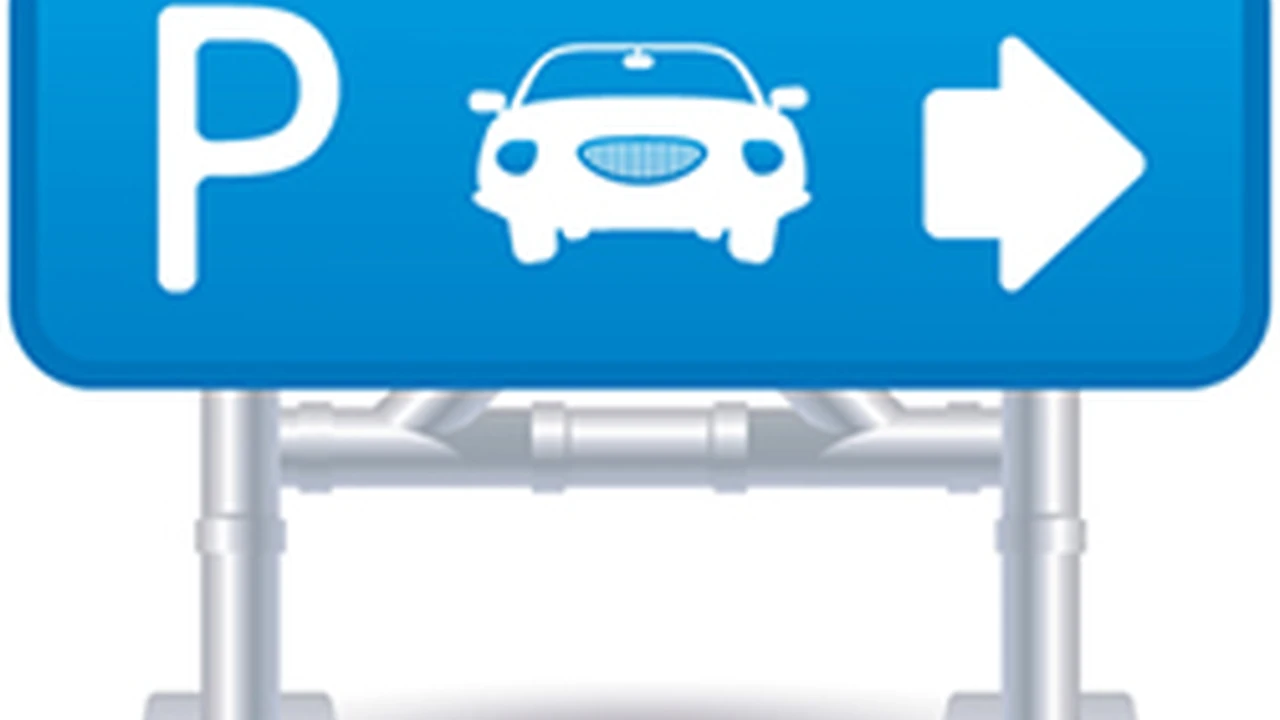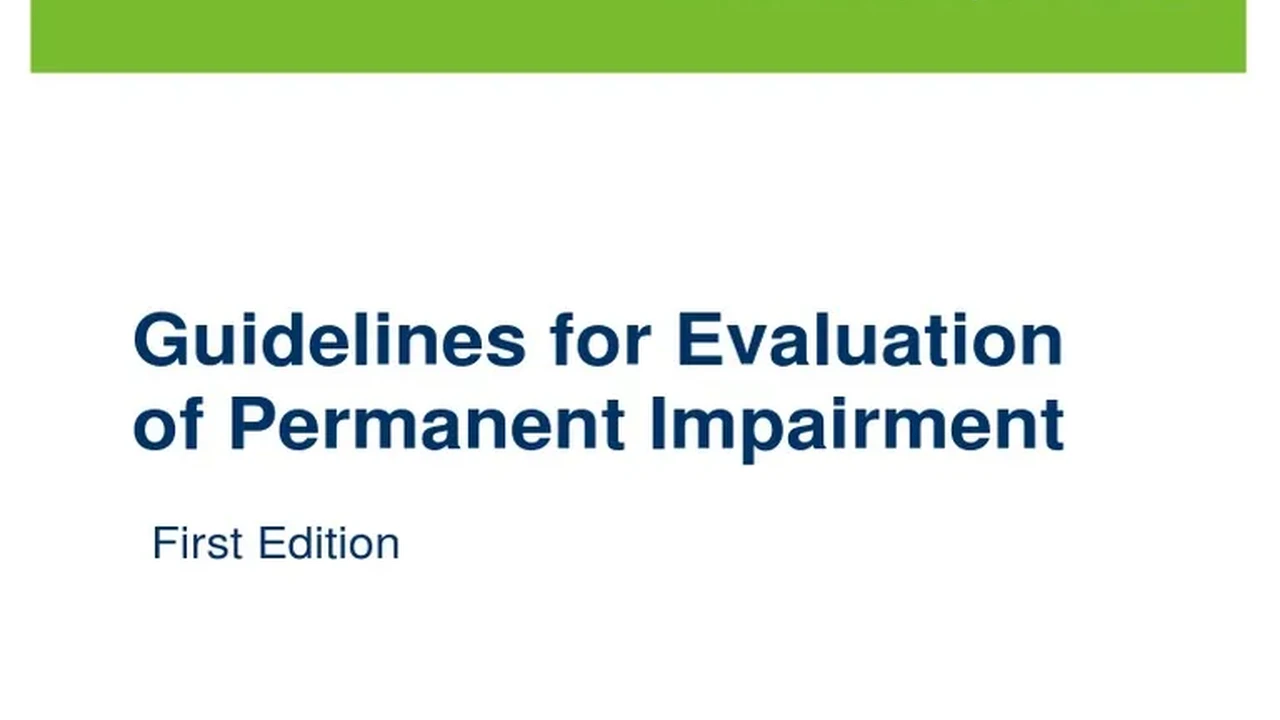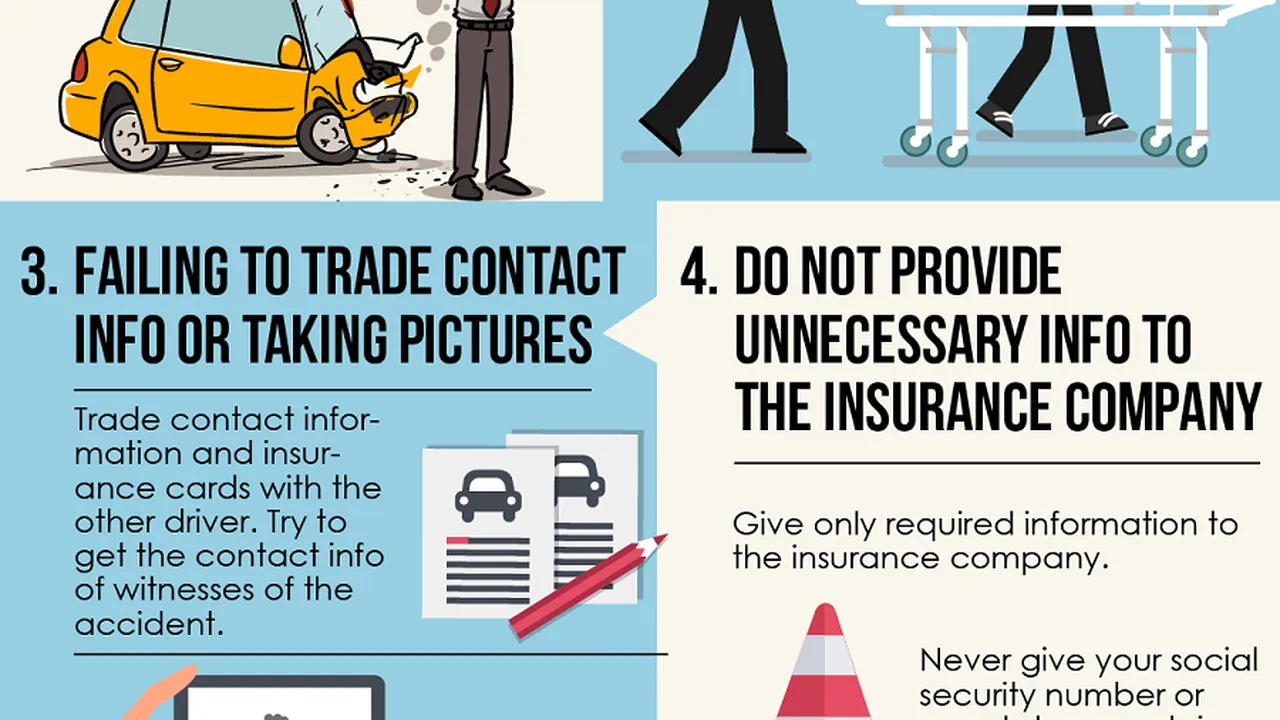How to Avoid Being Taken Advantage of by the Insurance Company

Understanding the Insurance Claim Process: Know Your Rights
Okay, so you've been in an accident. First things first, take a deep breath. Dealing with insurance companies can feel like navigating a maze, but knowing your rights is half the battle. The insurance company is in business to make money, and sometimes that means minimizing payouts. Your job is to make sure you get what you deserve. This isn't about being greedy; it's about being fairly compensated for your damages and injuries. Understand your policy inside and out. Know your coverage limits, deductibles, and what's specifically covered. Don't be afraid to ask questions – lots of them! Document everything, from the accident scene to every conversation you have with the insurance adjuster. Keep a detailed record of all expenses related to the accident, including medical bills, car repairs, and lost wages. This documentation will be crucial when negotiating your settlement. Remember, you're not obligated to accept the first offer. They often start low, hoping you'll take it. Be polite but firm, and don't hesitate to negotiate.
Common Insurance Company Tactics: Spotting the Red Flags
Insurance companies have a playbook of tactics they use to try and reduce claim payouts. Knowing these tactics can help you avoid falling into their traps. One common tactic is delaying the claim process. They might stall, hoping you'll get frustrated and accept a lower offer. Another tactic is downplaying your injuries. They might suggest your injuries aren't as severe as you claim, or that they're pre-existing conditions. They might also try to pressure you into signing a release too quickly, before you've fully assessed your damages. Be wary of adjusters who seem overly friendly or helpful. Remember, they're not your friend. Their job is to protect the insurance company's bottom line. Don't let them rush you into making decisions. Take your time to review all documents carefully and consult with an attorney if needed. Be skeptical of any requests for recorded statements. You're not obligated to provide one, and it can be used against you later. Stick to written communication whenever possible, so you have a record of everything that was said.
Documenting Everything: Building a Strong Case for Your Claim
Documentation is your best friend when dealing with insurance companies. The more evidence you have, the stronger your case will be. Start by gathering all relevant documents related to the accident, including the police report, photos of the damage, medical records, and repair estimates. Keep a detailed journal of all your interactions with the insurance company, including the date, time, and name of the person you spoke with. Write down everything that was discussed, even if it seems insignificant at the time. Obtain multiple repair estimates from different body shops. This will give you a better idea of the true cost of repairs and prevent the insurance company from lowballing you. If you've suffered injuries, keep a record of all your medical appointments, treatments, and medications. Obtain copies of all your medical bills and records. If you've lost wages due to the accident, gather documentation to prove your lost income, such as pay stubs or a letter from your employer. Don't rely on the insurance company to gather all the necessary information. Take the initiative to collect as much evidence as possible yourself.
Negotiating Your Settlement: Getting What You Deserve
Negotiating with the insurance company is a crucial part of the claims process. Don't be afraid to stand your ground and fight for what you deserve. Start by calculating the total value of your claim, including all your damages and expenses. This should include medical bills, car repairs, lost wages, and pain and suffering. Make a demand for the full amount of your claim. The insurance company will likely counter with a lower offer. Don't accept the first offer. Be prepared to negotiate. Be polite but firm, and don't back down. Explain why you believe your claim is worth the amount you're demanding. Provide evidence to support your claims, such as medical records, repair estimates, and pay stubs. Be prepared to compromise, but don't settle for less than what you deserve. Know your bottom line and be willing to walk away if the insurance company won't meet it. Don't be afraid to consult with an attorney if you're having trouble negotiating with the insurance company. An attorney can help you understand your rights and negotiate on your behalf.
Understanding Diminished Value: Getting Compensated for the Loss of Value
Even after your car is repaired, it may still be worth less than it was before the accident. This is known as diminished value. Diminished value is the difference between the pre-accident value of your car and its post-repair value. You may be entitled to compensation for diminished value, even if your car has been fully repaired. To calculate diminished value, you'll need to obtain a professional appraisal from a qualified appraiser. The appraiser will assess the damage to your car and determine its pre-accident and post-repair values. You can then use this information to file a diminished value claim with the insurance company. The insurance company may try to deny your diminished value claim, but don't give up. Be prepared to fight for your rights. You may need to hire an attorney to help you with your diminished value claim.
When to Hire an Attorney: Protecting Your Interests
There are certain situations where it's essential to hire an attorney to protect your interests. If you've suffered serious injuries in the accident, it's crucial to consult with an attorney as soon as possible. An attorney can help you understand your rights and navigate the complex legal process. If the insurance company is denying your claim or offering you a settlement that's far less than what you deserve, you should hire an attorney. An attorney can negotiate with the insurance company on your behalf and fight for a fair settlement. If you're unsure about your rights or the claims process, it's always a good idea to consult with an attorney. An attorney can provide you with legal advice and help you make informed decisions. Don't wait until it's too late to hire an attorney. The sooner you consult with an attorney, the better protected your rights will be.
Recommended Products for Car Accident Documentation and Protection
Here are a few products that can help you document the scene, protect yourself financially and medically, and avoid issues with insurance companies.
Dash Cams: Your Silent Witness
A dash cam is a small camera that mounts to your windshield and continuously records video while you're driving. This can be invaluable evidence in the event of an accident. It provides an unbiased record of what happened, which can be used to prove fault and protect you from false claims. Thinkware and BlackVue are two popular brands. Consider the Thinkware Q800 Pro ($300-$400) for its excellent video quality and cloud connectivity, or the BlackVue DR900S-2CH ($450-$550) for its 4K recording capabilities. Cheaper options, like the Vantrue N2 Pro ($150-$200), offer good value with dual-lens recording (front and interior). When choosing, consider resolution, viewing angle, night vision capabilities, and ease of use. Installation can be DIY, but professional installation (around $50-$100) ensures proper wiring and placement. Imagine a scenario where another driver runs a red light and hits you. Without a dash cam, it might be your word against theirs. With a dash cam, the video evidence clearly shows the other driver's fault, making it much easier to get your claim approved.
Car Insurance Apps: Instant Accident Reporting
Many car insurance companies now offer mobile apps that allow you to report accidents directly from your smartphone. These apps often include features such as accident checklists, photo documentation tools, and GPS location tracking. Progressive, State Farm, and Geico all have well-regarded apps. These apps are generally free for policyholders. The advantage is immediate reporting and guided steps after an accident. Compare the ease of use, features (like photo documentation and accident reconstruction), and customer reviews before choosing a provider. Picture this: you're in a fender bender in a busy intersection. Instead of fumbling with paperwork, you can use your insurance app to quickly document the damage, exchange information with the other driver, and file a claim directly from the scene.
Personal Injury Protection (PIP) Insurance: Immediate Medical Coverage
PIP insurance, also known as no-fault insurance, provides medical coverage for you and your passengers regardless of who is at fault in an accident. This can be extremely helpful in covering immediate medical expenses, lost wages, and other related costs. PIP coverage varies by state. The cost depends on your chosen coverage limits and deductible. It's generally a relatively inexpensive addition to your policy. Consider your state's requirements and your individual medical needs when choosing a coverage level. Let's say you're injured in an accident, even if it's your fault. With PIP insurance, you can receive immediate medical treatment without having to wait for the insurance company to determine fault.
Medical Payments Coverage (MedPay): Additional Medical Coverage
MedPay is similar to PIP, but it provides medical coverage regardless of fault, even if you have other health insurance. It can help cover deductibles, co-pays, and other out-of-pocket medical expenses. MedPay is available in most states. The cost is relatively low, usually a few dollars per month. Consider it a supplement to your existing health insurance. Imagine having high deductibles on your health insurance. MedPay can help cover those deductibles and co-pays after an accident, reducing your out-of-pocket expenses.
Uninsured/Underinsured Motorist Coverage: Protection Against Negligent Drivers
Uninsured/Underinsured Motorist Coverage protects you if you're hit by a driver who doesn't have insurance or doesn't have enough insurance to cover your damages. This coverage can help pay for your medical bills, car repairs, and other expenses. This coverage is available in most states. The cost depends on your chosen coverage limits. It's a crucial protection against irresponsible drivers. Picture this: you're seriously injured in an accident caused by an uninsured driver. Without Uninsured/Underinsured Motorist Coverage, you might have to pay for your medical bills and other expenses out of your own pocket.
Navigating Adjuster Tactics: Stay Vigilant
Insurance adjusters are trained negotiators. They might try to get you to admit fault or make statements that could hurt your claim. They might offer a quick settlement that seems appealing but is far less than what you deserve. Remember, they work for the insurance company, not you. Always be polite but firm. Don't be afraid to say "I need to think about that" or "I need to consult with an attorney." Don't sign anything without reading it carefully and understanding its implications. Don't give a recorded statement without consulting with an attorney. Focus on the facts and avoid emotional responses. The better you can manage the interaction, the better position you will be in to get a fair settlement.
:max_bytes(150000):strip_icc()/277019-baked-pork-chops-with-cream-of-mushroom-soup-DDMFS-beauty-4x3-BG-7505-5762b731cf30447d9cbbbbbf387beafa.jpg)






